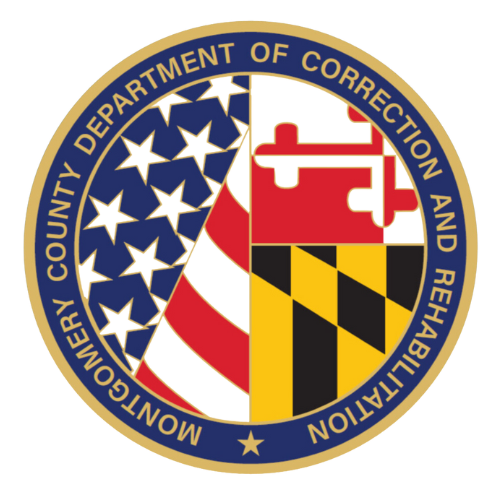Case Management and Reentry Planning
Ivan Downing, Division Chief
Community Corrections
Pre-Release and Reentry Services
Address: 11651 Nebel Street Rockville, Maryland 20852 | Telephone: (240) 773-4242
The Pre-Release and Reentry Services (PRRS) provides case management for each resident to assist them in addressing their individual reentry needs. Each resident is assessed on their reentry risks and needs and the Case Manager and resident use this information to devise a program contract and reentry plan. The reentry plan involves setting objectives and strategies to address those areas of highest need. The case manager monitors progress and recommends progressive privileges through a structured level system as the resident has accomplished identified strategies.
The case manager makes referrals to community resources and ensures that the residents have made the necessary contacts with social services and mental health agencies prior to their release. This also includes referrals for housing assistance.
The Case Manager works closely with the resident to identify new goals and behaviors that will assist them in a successful reentry. Case managers meet with the family and discuss the family’s role in confronting future self-destructive behavior. Case Managers review the concept of enabling behavior and discuss how family members can seek out support and help for themselves.
Pre-Release and Reentry Services (PRRS) program residents may have been incarcerated from one day to up to five or ten years or more in some cases so their reentry needs vary widely. The sentence length and institution to which the resident was originally sentenced determines how much community contact the resident has been able to maintain prior to coming to PRRS. In many cases residents are not aware of the vast array of resources available to them in the community. After a thorough evaluation of the resident’s reentry needs, Case Managers refer residents to community agencies to assist them with reentry needs.
Counseling
Case Managers and medical professionals at PRRS assess each resident to determine whether they would benefit from counseling services. Few residents have medical insurance to help defray the cost of counseling. Case Managers match residents with treatment providers that are affordable and can provide the type of services needed by the resident. Substance Abuse treatment, anger management, domestic violence reduction, women’s support and stress management are some of the counseling needs residents’ experience.
Housing
Finding affordable housing is a major obstacle for most residents. Residents are required to save money for housing and other reentry needs as soon as they begin working. Ten percent of resident’s take home pay is deducted from each paycheck and placed in a savings account where it accumulates until the resident is released. Sometimes resident savings is not enough to cover a first month’s rent and security deposit.
Social Services offer residents money for one month’s rent and a security deposit with proof of housing such as a lease or rental agreement. Some residents find rooms to rent or homes to share through ads in the newspapers or websites advertising housing opportunities.
Residents seeking to maximize their likelihood of maintaining sobriety interview with recovery houses for sober, supportive rooms with other recovering people. A few transitional housing beds are available to chronically mentally ill residents residing in Montgomery County.
Mental Health
Some residents have been diagnosed with mental health problems before incarceration and others are newly diagnosed by the department psychiatrist. These residents need ongoing treatment and medication management. As with counseling services, finding affordable mental health treatment is a challenge. In most cases Case Managers make referrals to treatment providers in the community as soon as the resident is employed. The department psychiatrist manages resident’s medication until one month prior to release when that responsibility is passed on to the treatment provider
Religious
Residents are provided the opportunity to attend religious services at facilities in the Washington Metropolitan area. Case Managers offer information about area services for different denominations and assist residents in finding transportation to services. Residents are encouraged to become involved with support groups in the community that promote a pro-social lifestyle and family involvement. Many religious institutions offer these opportunities to residents.
